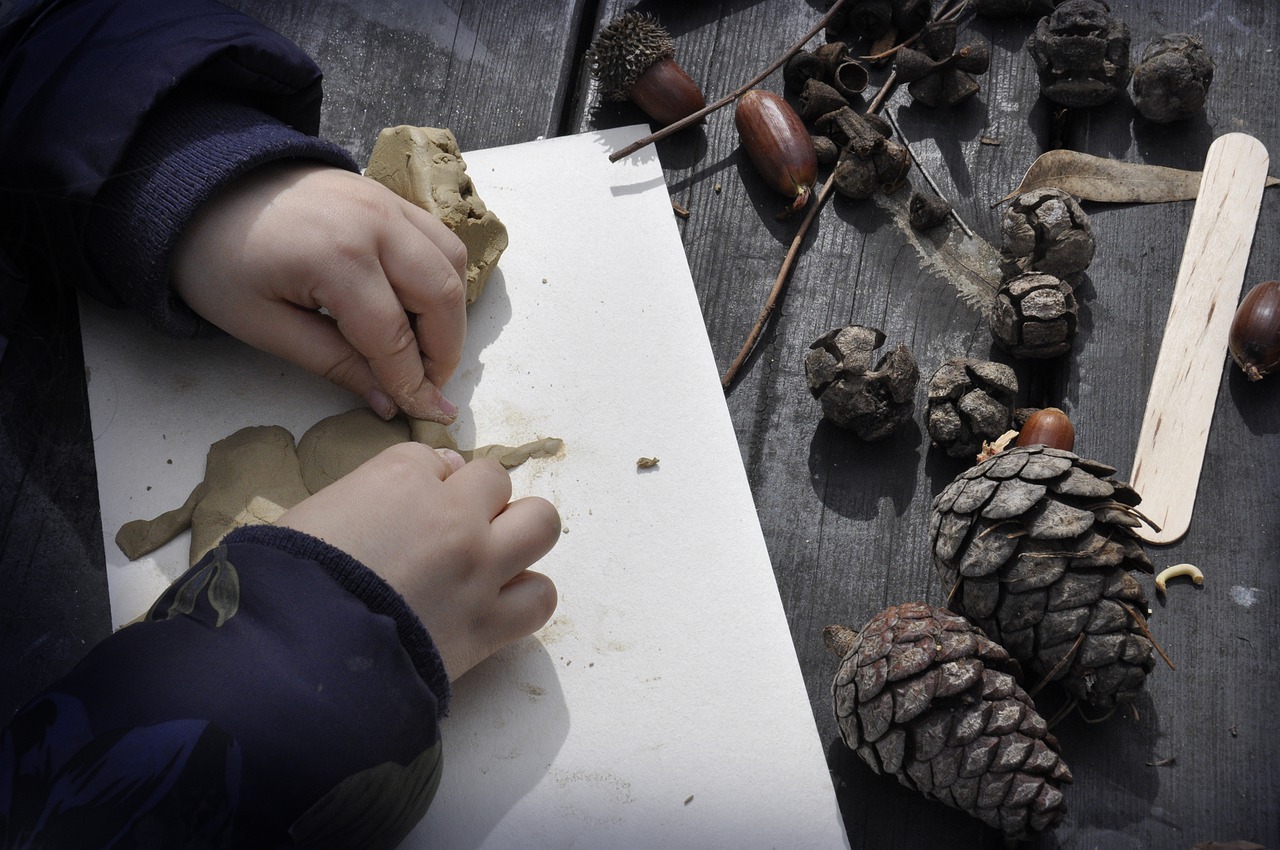If in your life you have kids with special needs, you see first-hand the challenges that they, their parents and others who see them can face every day. Their needs create obstacles and difficulties in their development, but at the end of the day they’re still kids with hopes and dreams for the future. One way that has been really proven to help kids with special needs is toys and play-based learning.

So, if you’re now shopping for Christmas gifts for children with special needs, think about some of the following types of toys. These all have some great benefits for these kids, but are also sure to guarantee a fun time for them.
Puzzles
The puzzle category of games is truly enormous, and nearly all of them have some developmental advantage for kids with special needs. In fact, puzzles benefit all kids. When it comes to younger children, for instance, a puzzle typically means having to pick up and grasp pieces with precision, which helps them work on fine motor skills. For older kids, puzzles become a much more cognitive kind of training, working towards a goal step by step, building patience, critical thinking, and logical thinking skills.
Probably the best thing about puzzles for these kids is the fact that they progress. Starting with basic and easier puzzles and then working up to more complex and challenging puzzles will help special needs kids to feel they are advancing and accomplishing things. That’s an important boon for their self-esteem.
Cause-Effect
These are toys that place a special focus on both the visual and motor skills. In short, when the child is playing, they interact with the toy in some way, and the toy “responds.” For example, it could be pushing buttons to make lights come on, or pressing part of a toy to make something pop-up, or make a noise.
If the child you’re buying for has autism, then cause-effect toys are particularly useful. They offer kids an experience in sensory exploration that helps to build their hand-eye coordination as well as their fine motor skills.
There are many advanced educational institutions that are focusing on evolving curriculums for special needs children. This means that this is not something just restricted for kids of a very young age. You need to make sure that children should always receive programmes in special needs education that is tailormade for their own individual selves. This will help them learn better, grow among their peers, and instill in them a sense of confidence.
Sensory Toys
Toys that get kids using their hands, feet and other parts of their body offer what is known as a “sensory” experience. This is ideal if you have kids with sensory processing disorder that has made them quite unresponsive in certain situations. Ultimately, when kids play with the right kinds of sensory toys, they are learning fun ways to teach themselves self-management techniques and new skills. Examples include finger paints, mini trampolines, water tables and many more.
Look for other toys that offer experience in texture, speed, pressure, and touch; toys that children can really connect with on a physical level. The sensations they experience can help to build the focus and attention span that they may otherwise lack.
“Fidget” Toys
There are a lot of parents worried about their kids having ADD/ADHD, and fidget toys have been shown to help keep their hands busy while their brain stays focused. These are toys that can be squeezed, clapped together, rubbed between fingers, shaped and more. The tactile sensation of having the toy in their hands not only works on fine motor skills, but more importantly decreases the stresses that cause them to become distracted in the first place.
Examples of fidget toys include stress balls, clackers, play dough and other modelling compounds, and more. It’s incredible the kind of calming effect it can have on children who otherwise come across as nervous or unsettled. What’s more, fidget toys are typically very budget friendly.









